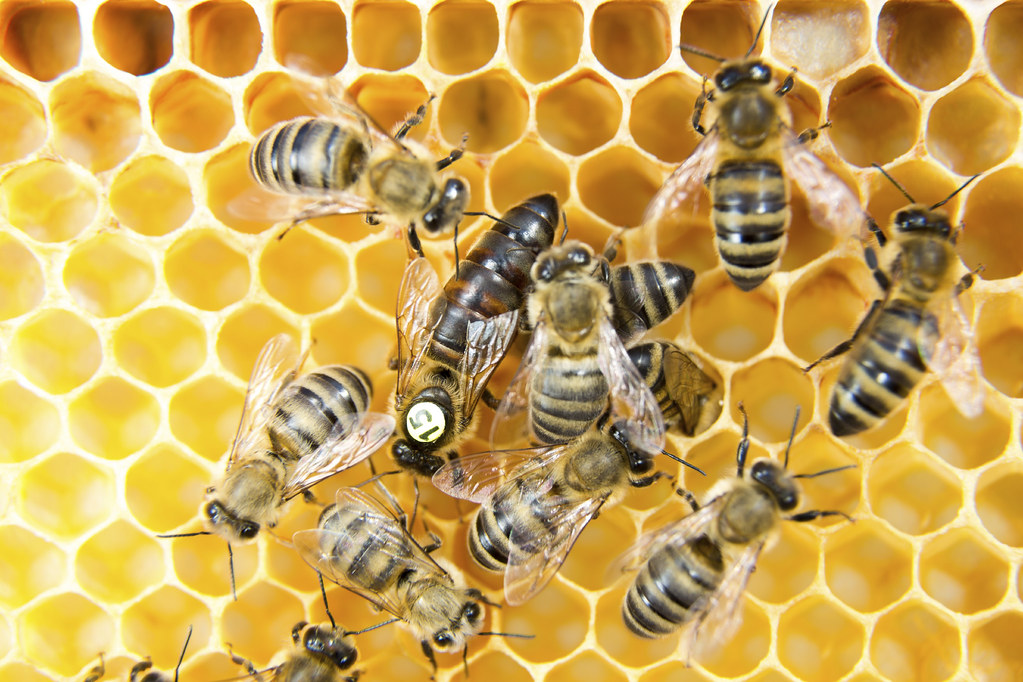
Bees have been in crisis since 2006 when beekeepers first reported the sudden disappearance of entire colonies. Many colonies are collapsing due to circumstances like industrial agriculture, parasites and climate change, thus leading to dramatic losses in the crops normally pollinated by bees.
After beekeepers reported a 40% loss of their colonies over the last year, researchers have been pushing fast and hard towards a solution. Now, researchers from the Colorado State University’s Department of Soil and Crop Sciences claim that industrial hemp is the answer to halting the decline in the bee population.
In a recent study published in the Biomass and Bioenergy Journal, researchers found that hemp could not only help prevent the die-off of bees, but further maintain species diversity.
While hemp does not produce any nectar, it requires far fewer resources to flourish and little to no pesticides, thus making it an ideal home for bees. According to the study, 23 different genera of bees were found on wind-pollinated hemp plants, demonstrating its efficient support for pollinators. Additionally, the pollen-rich nature of hemp makes it an even more ecologically valuable crop.
Evo Hemp explains that “by adding hemp to their crops, farmers could see a significant improvement in their crops and be one small step closer to ending the honey bee crisis.”
With most hemp crops flowering between July and September, the plants would make up for the shortage of pollen production from other crops during those months. However, as the crops become more widespread, damaging pests also become more common. So be sure to check back in with us for more information after researchers are done doing their thing. For now, light one up and get your thinking caps on, cause there are bees to save!



Leave a Reply